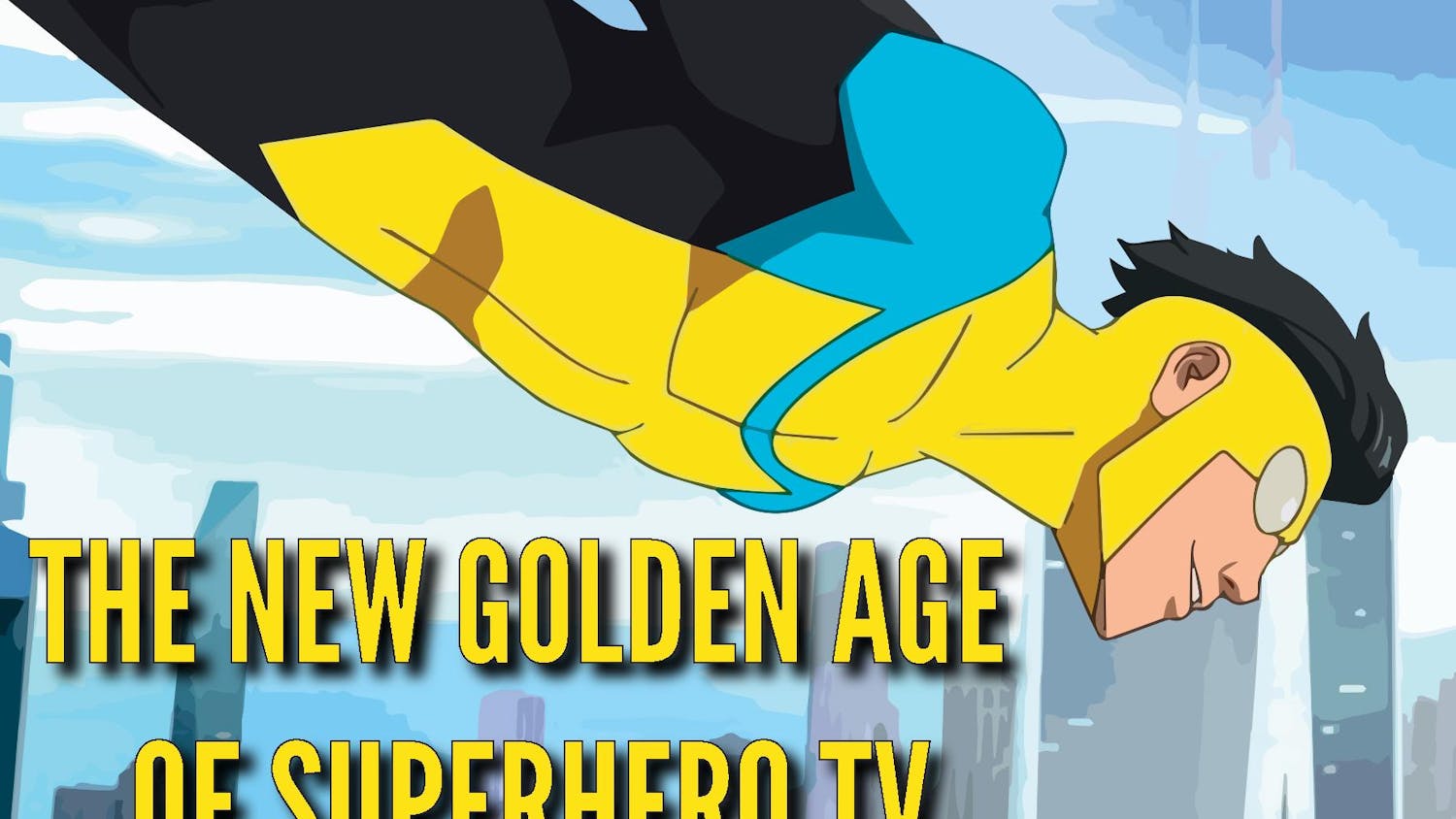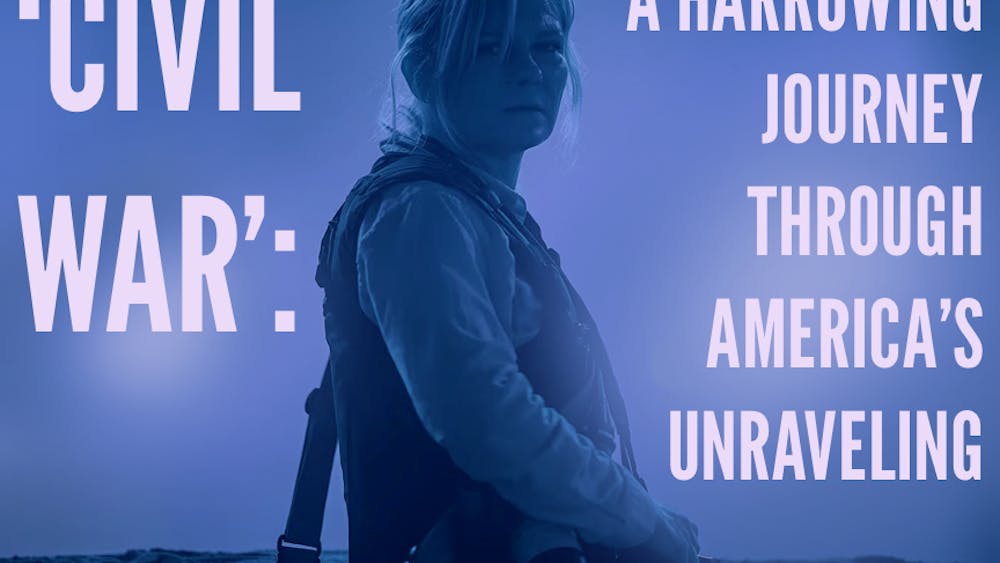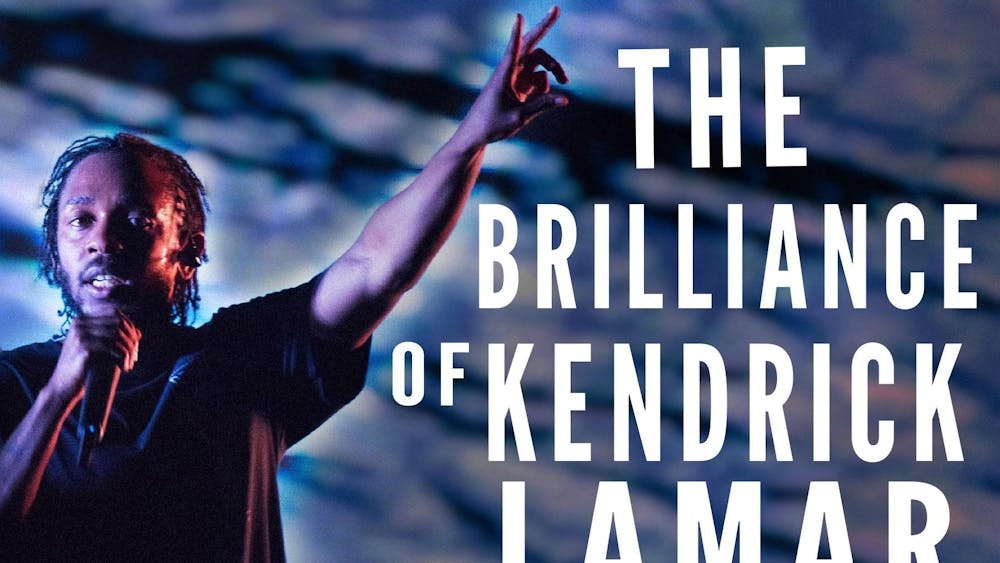
A couple days ago, I was scrolling through Facebook (avoiding doing something meaningful with my life while internally judging all my former classmates who are getting married and starting real jobs), when I ran into an ad for the upcoming “Power Rangers” movie.
I didn’t know somebody decided to make a “Power Rangers” movie.
I still don’t know why somebody decided to make a “Power Rangers” movie.
Don’t get me wrong, I loved the Power Rangers as a kid … but part of what made the show great was how campy it was. Blatantly choreographed fight scenes, dollar-store special effects and budget costumes were all just part of the appeal. How much cheese can there be in a film with a budget around $150 million?
Ultimately, though, I’m not upset that a beloved childhood franchise is going to be murdered on the big screen. I’m upset with the fact that I’m not even surprised.
Over the past few years there has been a parade of zombie properties in Hollywood — franchises and brands that were dead but now are being brought back to life. Superheroes, “Star Wars,” “Star Trek,” “Ghostbusters,” “Teenage Mutant Ninja Turtles,” movies based on toys like “Battleship,” “Transformers” and “Trolls,” live-action Disney remakes, and now "classic" television programs have all been revived in an attempt to sell the cultural hallmarks of our childhood back to us and, presumably, to our kids.
This goes beyond the lack of originality we’ve seen in recent years with the excessive numbers of sequels and prequels, turning into something even more disappointing. Rather than give us new experiences, even with characters we’ve seen before, movie studios are instead opting to repackage old experiences and give them to us again. It’s not just a lack of creativity, it’s a lack of imagination.
So how did we end up here?
It would be easy to point to the recent Recession and argue Hollywood is only green-lighting projects that it knows will sell… and we, the eager audience, rarely disappoint. That doesn’t explain why this commodification of nostalgia is popping up throughout modern media, though.
In “Cocoa Butter Kisses,” Chance the Rapper reminisces, “Used to like orange cassette tapes with Timmy, Tommy, and Chuckie / And Chuck E. Cheese’s pizzas, Jesus pieces, sing Jesus love me.”
Twenty One Pilots longs for the comfort of the past in “Stressed Out”: “Wish we could turn back time, to the good old days / When our momma sang us to sleep but now we’re stressed out.”
And Anderson .Paak also harkens back to the 1990s in “The Dreamer”: “Look at where you came from, Californication / Since a little baby skating in boogie boards / And raiding your cookie jar.”
Even in television, where we’ve entered a golden age of novel, quality programming, a few reboots have still managed to appear, like “Fuller House” and the upcoming “Gilmore Girls” miniseries.
The point is: No matter where we turn for entertainment, this wistfulness is being peddled. As millennials, it’s our own need for stability that fuels this industry.
Even without considering the most recent U.S. election, this current period of time will likely be considered one marked by constant change. Technology is hurtling forward and our access to the rest of the world is unprecedented, nearly unbelievable. In the midst of that tempestuous societal landscape, it should come as no surprise that men and women under thirty — people who are still settling into life in the real world — would turn to something familiar and decidedly un-original when they want to relax.
The danger of this allure of the past, however, is the risk of creating a cultural feedback loop. In such a situation, certain cultural mainstays are brought back for parents to pass on to their children (like “Star Wars” Episodes I-III) only for those properties to be, themselves, reiterations of older material. Without distinct movie-going experiences, we risk restricting our ability to imagine more exciting and moving visual adventures.
Then again, maybe society and its constant evolution is providing all the fictional inspiration that we need. Maybe I’m being too hard on the “Power Rangers” movie. Maybe we need the “Power Rangers” to finally allow us some relaxation. Maybe I need the “Power Rangers” movie, so I can survive watching everyone grow up as I scroll through my Facebook feed.













